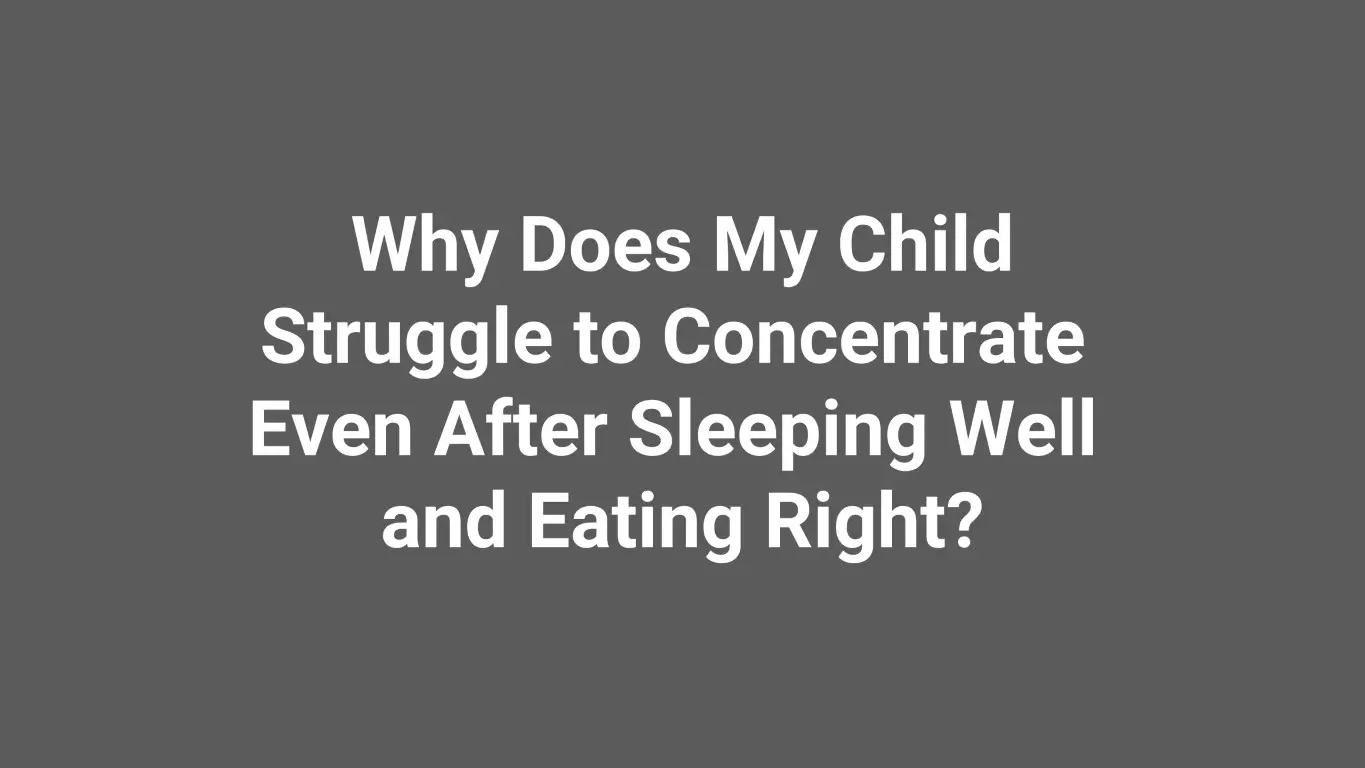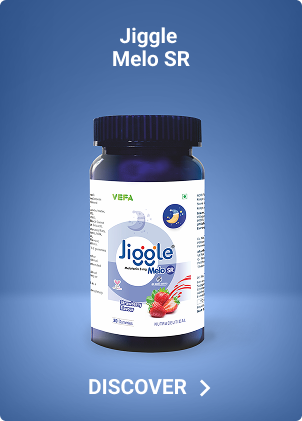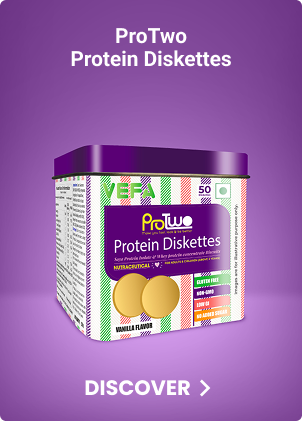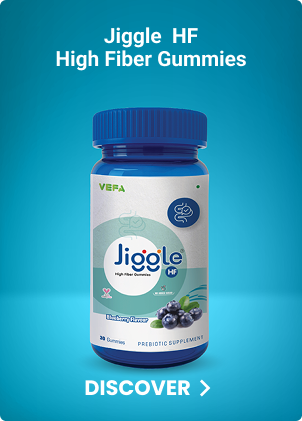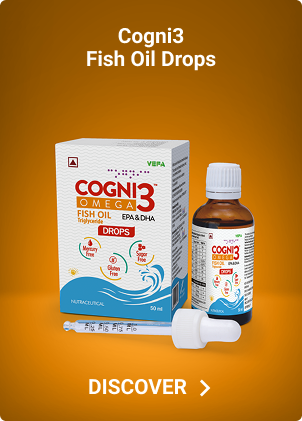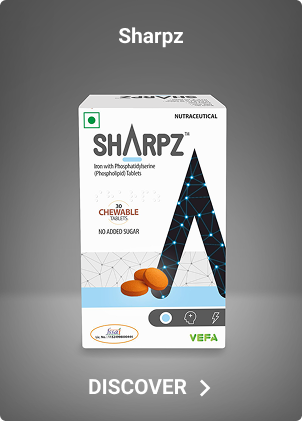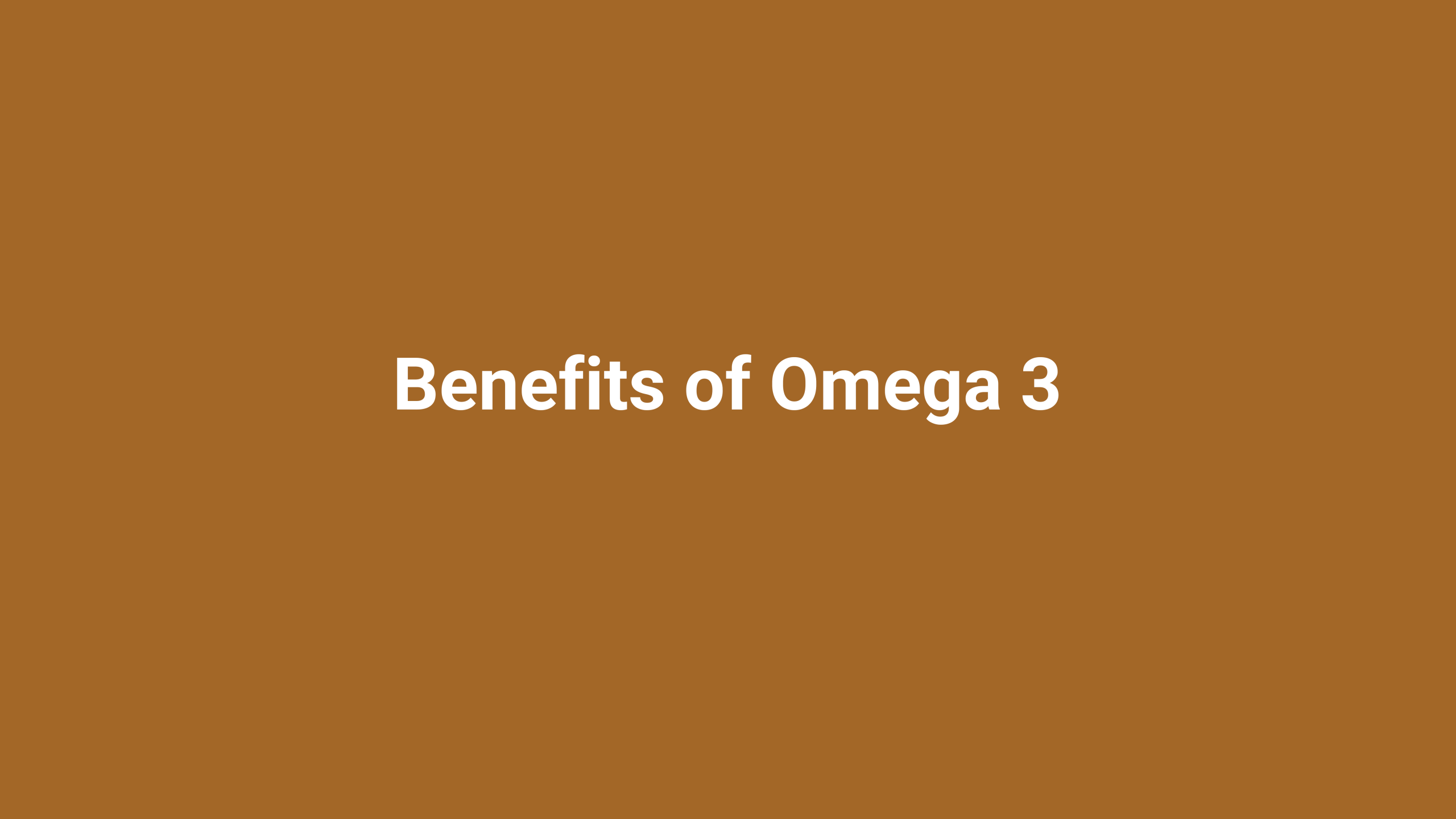Many parents feel puzzled when their child eats healthy meals, gets enough sleep, and still shows signs of poor concentration. You might find your child forgetting tasks, getting distracted easily, or struggling to complete homework. If this sounds familiar, you’re not alone.
Let’s understand why this happens—and how you can support your child’s focus beyond just diet and rest.
Not Just Sleep and Food: The Bigger Picture
While good sleep and a balanced diet are essential, child concentration problems can stem from many other factors:
- Emotional stress – Worries about school, friendships, or family situations can silently affect a child’s attention span.
- Screen time overload – Excessive exposure to phones, tablets, or TV can train the brain for quick stimulation, making it harder to concentrate during slower-paced tasks.
- Lack of physical activity – Movement is crucial for brain development. A sedentary lifestyle can reduce mental sharpness.
- Hidden learning or attention disorders – Some children may have mild attention deficit issues (like ADHD) that go unnoticed.
- Boredom or lack of interest – If a child isn’t engaged or finds the task unchallenging or too difficult, the brain tunes out.
Foods for Child Focus: Are You Including These?
Even if your child eats well, the type of nutrition matters. Some foods naturally support memory, attention, and overall brain health. These include:
- Fatty fish (like salmon or sardines) – Rich in DHA, a key omega-3 fatty acid crucial for cognitive development.
- Eggs – Great source of choline, which supports memory.
- Leafy greens – Packed with antioxidants and vitamins like B6, B12, and folate, all important for brain function.
- Nuts and seeds – Offer zinc, iron, and magnesium, minerals that play roles in memory and concentration.
- Berries – Contain antioxidants that improve communication between brain cells.
Tip: Try adding walnuts (natural brain boosters), boiled eggs, and a spoon of flaxseed into your child’s meals for better focus and to address child concentration problems.
DHA for Cognitive Development – Why It Matters
Docosahexaenoic acid (DHA) is one of the building blocks of your child’s brain. It plays a major role in:
- Building brain cells during growth
- Supporting memory and attention
- Enhancing learning ability
Children who lack enough DHA may face mild delays in mental performance, even if they eat “healthy” by general standards. DHA for cognitive development is mostly found in fatty fish, but if your child doesn’t eat fish, supplements or DHA-fortified foods may help.
Conclusion
Remember, your child’s brain is like a sponge—but it needs the right mix of nutrients, structure, and emotional safety to absorb and process information. Sleep and food are the foundation—but focus requires more.
Look at the full picture: screen habits, stress levels, daily playtime, and even how learning is presented. Combine that with foods for child focus and enough DHA for cognitive development, and you’re giving your child a better chance to thrive—especially if they’re experiencing child concentration problems.

